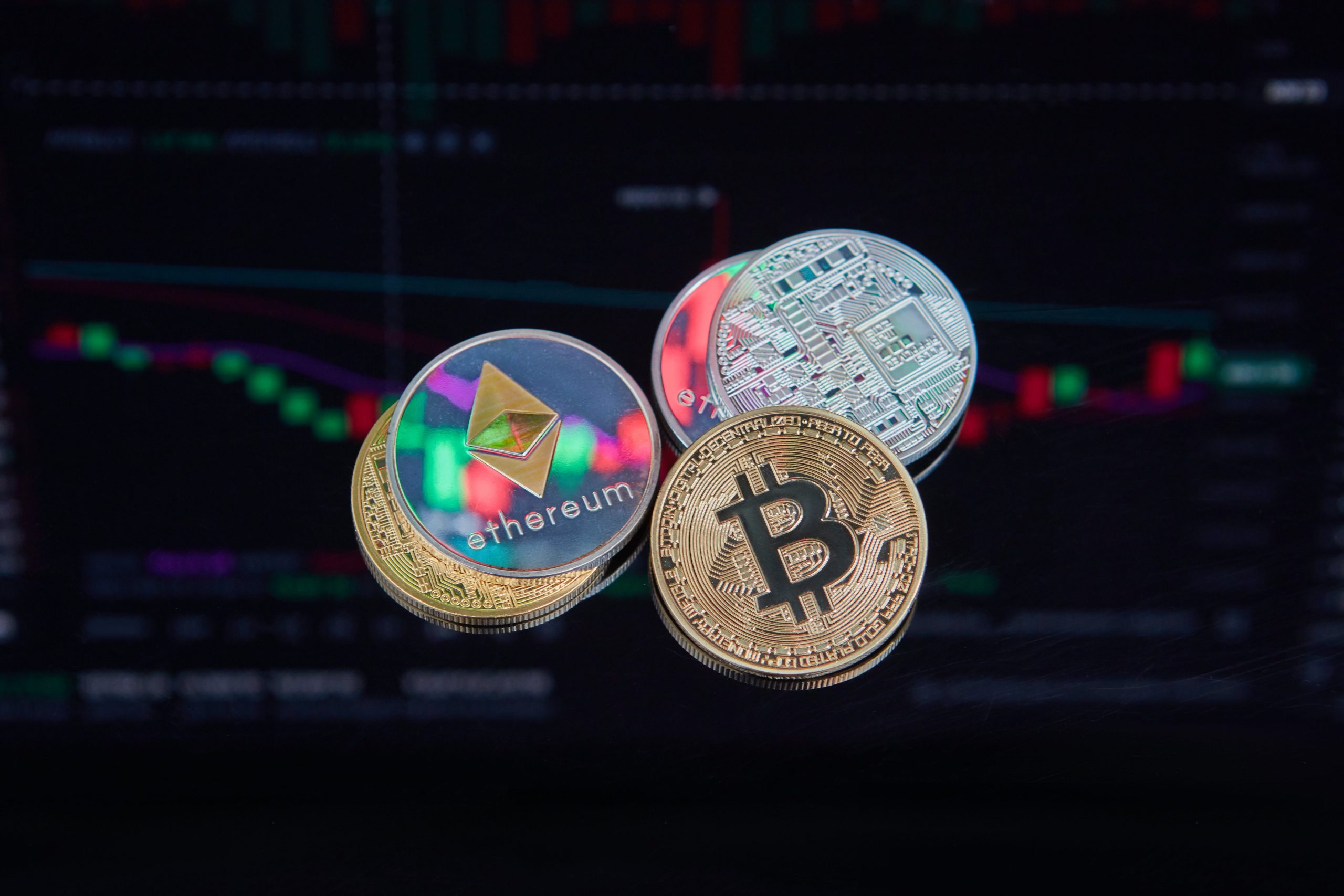Indian Railways to Issue NFT Tickets on Polygon for Rare Festival
Indian Railways has collaborated with Chaincode Consulting to introduce NFT-based tickets for the MahaKumbh Mela event.

In a rise in regulatory attention in the crypto industry, the US Securities and Exchange Commission (SEC) has increased the scope of its lawsuits against Ripple. This action, which coincides with the ongoing high-profile lawsuit, represents a new stage in the SEC’s meticulous investigation of Ripple’s business practices—the SEC requested the company’s comprehensive financial records and XRP sales data after the complaint was filed.
The continuing legal battle between Ripple and the SEC is a significant development for cryptocurrency rather than another financial issue. As a representative of the US government’s regulatory power, the SEC has scrutinised Ripple, an essential participant in the digital currency industry. This case is crucial because it examines the complex lines that separate cutting-edge financial technology from well-established regulatory frameworks.
In the worldwide cryptocurrency industry, Ripple has established a sizable niche. More so than its cryptocurrency, XRP, Ripple is well-known for its digital payment technology, drawing attention from regulators and investors. The firm has distinguished itself in an innovative sector with its digital transactions method and influence on cross-border money transfers.
Beyond Ripple, this legal dispute serves as a benchmark for the future regulatory environment around the cryptocurrency sector. The result may change how digital assets are categorised and governed, completely transforming the industry. Participants in the market, ranging from small-time investors to major financial organisations, are closely monitoring this issue because it may determine future regulations governing the use of digital currencies.
The SEC has demanded that Ripple reveal audited financial records for 2022 and 2023 in addition to contracts about XRP sales to non-employee businesses that have been in place since the initial complaint. The SEC’s resolve to learn more about Ripple’s financial activities after filing the litigation is demonstrated by this demand. According to the Commission, access to these records is necessary to investigate Ripple’s adherence to financial legislation.
The SEC emphasises the relevance of these records in discovering potential regulatory violations and formulating suitable remedies. Through thoroughly examining Ripple’s financial records and sales contracts, the SEC hopes to understand the business’s activities and compliance with US securities laws. After receiving the complaint, the Commission plans to investigate whether Ripple complied with legal and regulatory obligations.
In response, Ripple contends that these requests were made at an inappropriate time and might jeopardise the existing legal proceedings because they were made during the lawsuit’s discovery phase. According to Ripple, the SEC had more than enough time to ask for this information, and this latest development amounts to needless escalation of the legal proceedings.
The main argument of Ripple’s reply is that the SEC’s request for information, particularly about recent sales and financial standing, has no direct bearing on the court’s decision-making process regarding remedies. Ripple worries that the SEC’s strategy will result in needless retrials, which could drag out the case and put further obligations on both sides.
In its counterarguments, Ripple highlights how crucial judicial justice and efficiency are. According to the corporation, the SEC’s increased requests may cause the current legal procedures to be disrupted and may result in an unfair prolongation of the case. The position taken by Ripple is indicative of a broader worry about the possible effects of the SEC’s strategy on the cryptocurrency market, particularly how complicated legal and regulatory matters would be handled.
The resolution of this lawsuit may significantly impact Ripple’s compliance and operations plans. Being a significant player in the cryptocurrency space, industry participants will be keenly observing Ripple’s handling of these legal issues, which might impact the company’s future course in a financial environment that is changing quickly.
More than merely a disagreement between a regulator and a cryptocurrency company, the ongoing legal actions between the SEC and Ripple represent a sign of things to come for regulatory frameworks. The lawsuit is a historic development with long-term consequences for the cryptocurrency sector. It may influence how cryptocurrencies are categorised, governed, and incorporated into the global financial system.
The SEC’s increased legal demands on Ripple mark a significant turning point for the relationship between regulatory supervision and cryptocurrencies. The case’s developments might have an impact on Ripple’s future as well as the regulation of digital assets more broadly.
Indian Railways has collaborated with Chaincode Consulting to introduce NFT-based tickets for the MahaKumbh Mela event.
CleanSpark has become one of the leading publicly traded Bitcoin mining companies, holding 10,000 or more Bitcoins on its balance sheet.
Bitfinex Derivatives believes its move to El Salvador will help transform the nation into a "financial hub" for Latin America.
Aleš Michl, the central bank governor, recently mentioned that he is contemplating incorporating BTC into the bank's diversification...